Rocks in your head? Sort of. Office for Science and Society - McGill University
Por um escritor misterioso
Last updated 15 abril 2025

Sometimes called “ear rocks”, small crystals of calcium carbonate (essentially limestone) are found in your inner ear. The technical name for these tiny stones wrapped in a matrix of protein is “otoconia.” They play no role in hearing, but rather are part of the vestibular system that has several functions such as helping you keep your balance and coordinating your eye movements while your head is in motion. Otoconia are an essential component of the utricle and saccule, two vestibular organs in the inner ear that help relay information about linear acceleration and tilting of the head to the brain. In both these organs, specialized hair cells are attached to a gelatinous membrane that contains the otoconia. When the head is tilted, gravity pulls more on the crystals than on the liquid surrounding the hair cells. This results in bending of the hair cells, which is translated into electrical impulses that make their way to the brain. Basically, otoconia keep you from getting dizzy every time you move your head. Isn’t the human body amazing? Dizzyingly so. Caitlin Bard is completing her Bachelor of Science with a major in neuroscience at McGill University. Leave a comment!

Bottled Superstition: Then and Now

Apolitical's 100 Most Influential People in Gender Policy

Robert Collar

GI-ESCR - Ensuring Public Services for Indigenous Peoples

Secret Science Spots of McGill

Sounds of science: how music at work can fine-tune your research
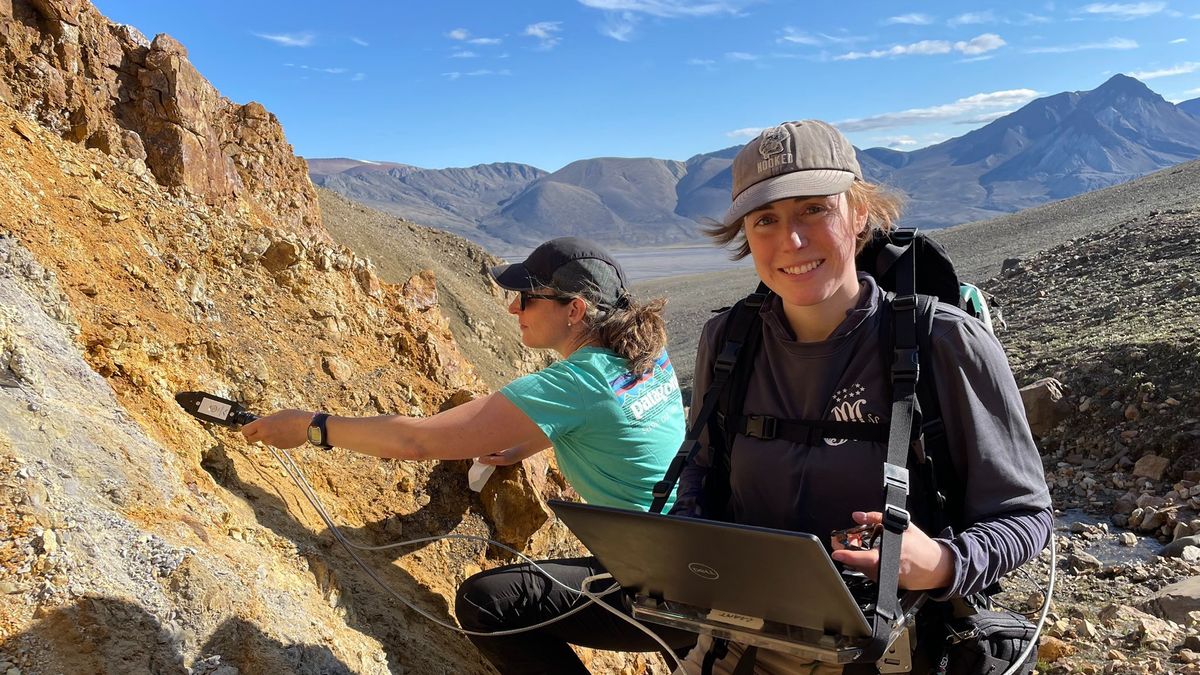
Rusty Arctic rocks could help us understand water on Mars (photos
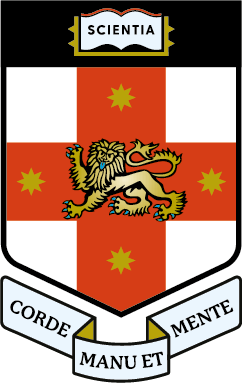
University of New South Wales - Wikipedia
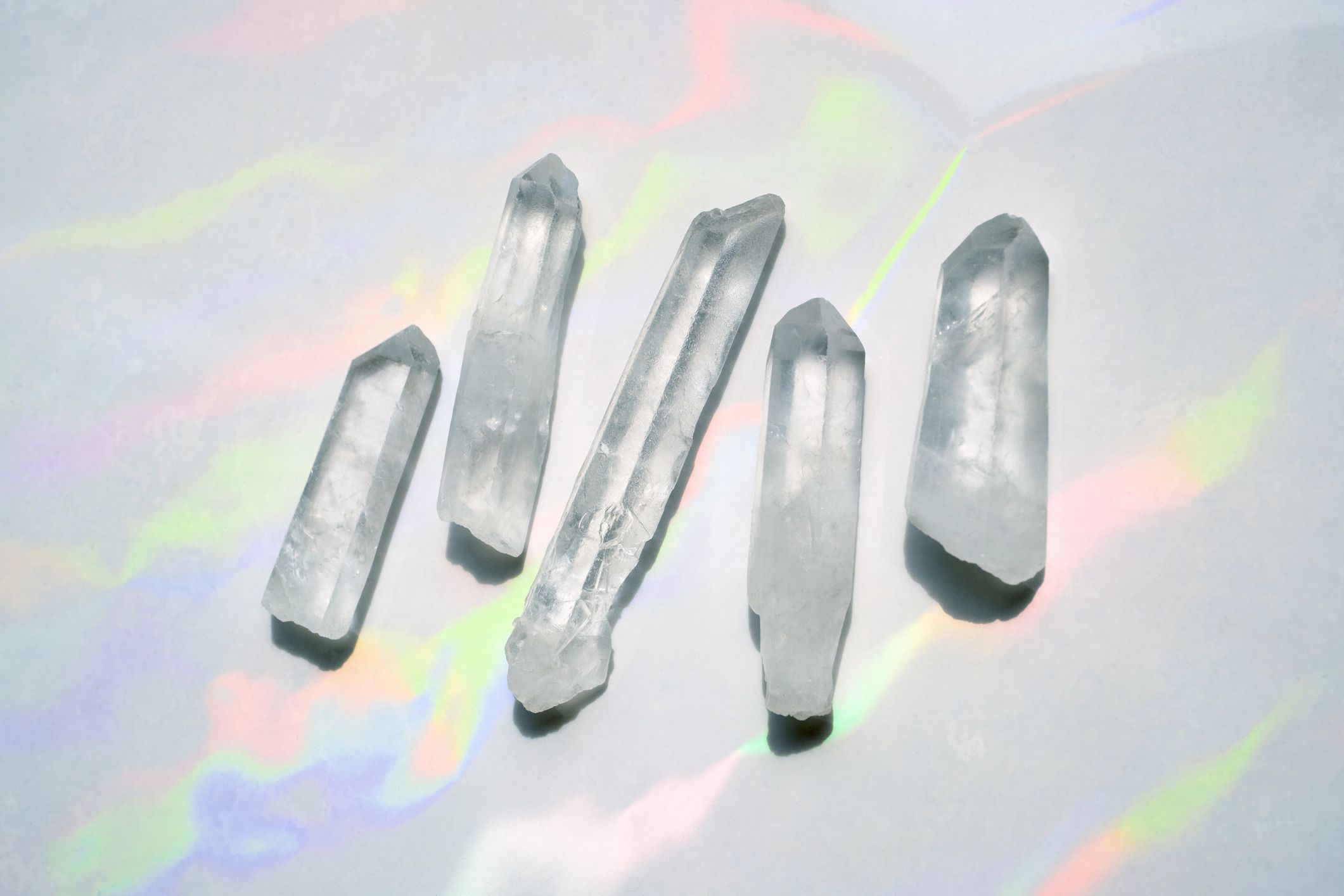
Do Crystals Really Have Healing Powers, According to Science?
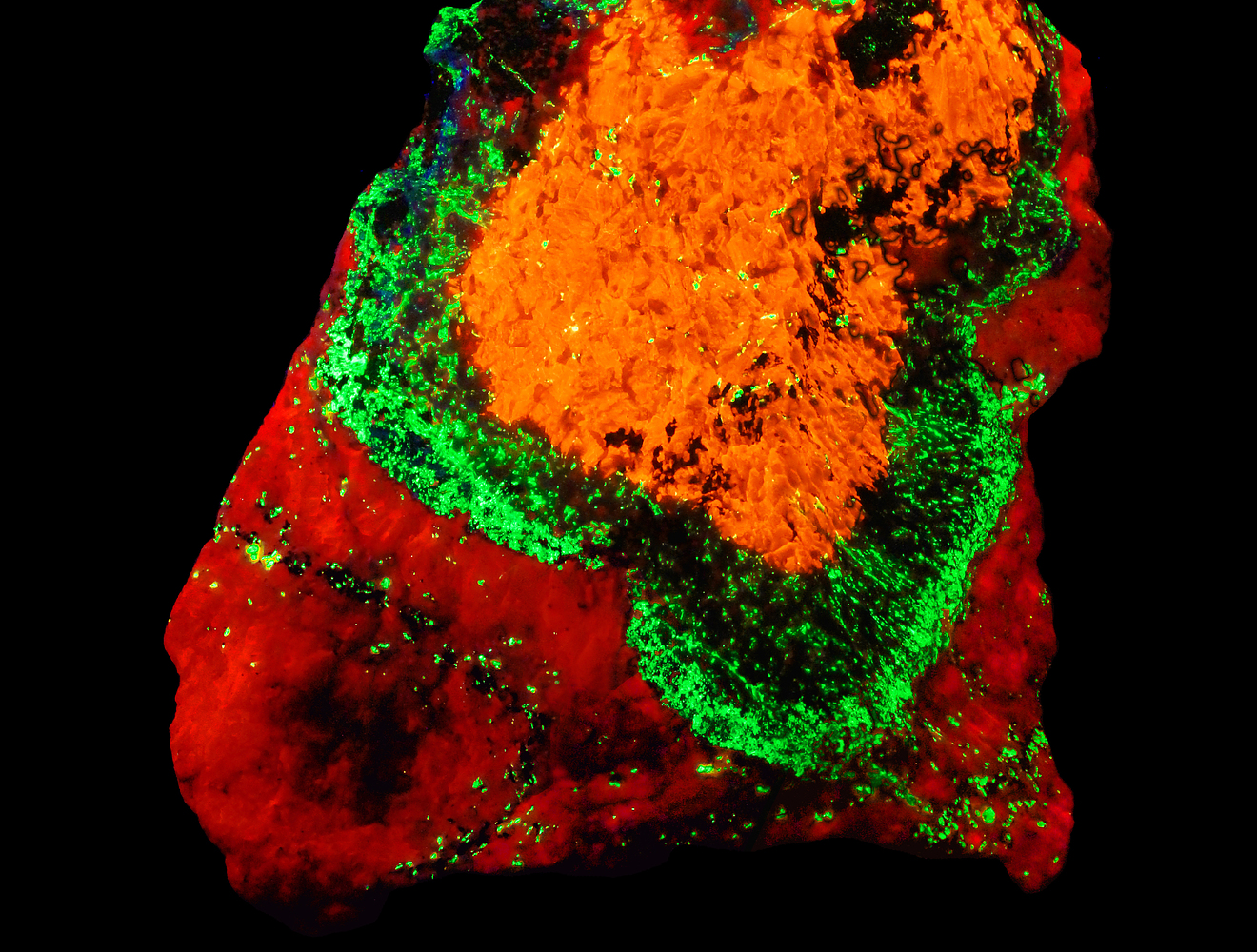
Wollastonite: Mineral information, data and localities.

Ice Science is Slippery Office for Science and Society - McGill
Recomendado para você
-
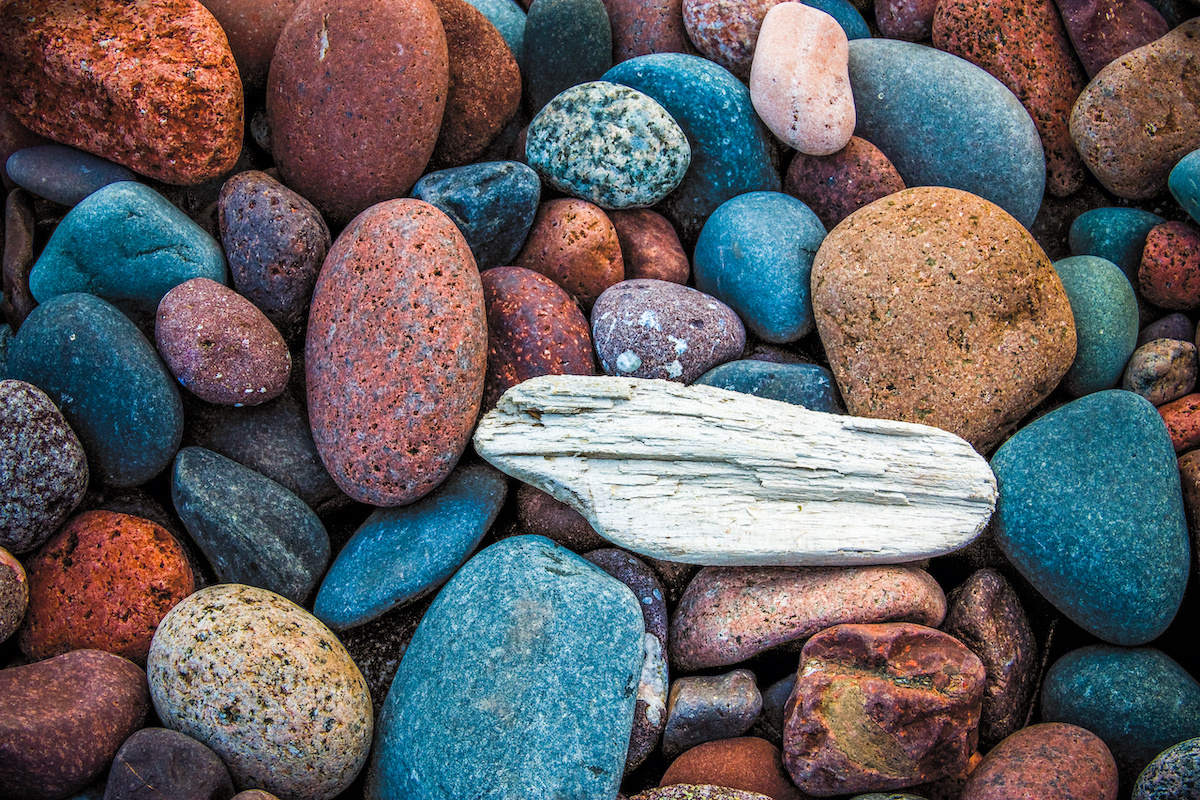 River Rocks in Landscaping: Create an Impressive Backyard15 abril 2025
River Rocks in Landscaping: Create an Impressive Backyard15 abril 2025 -
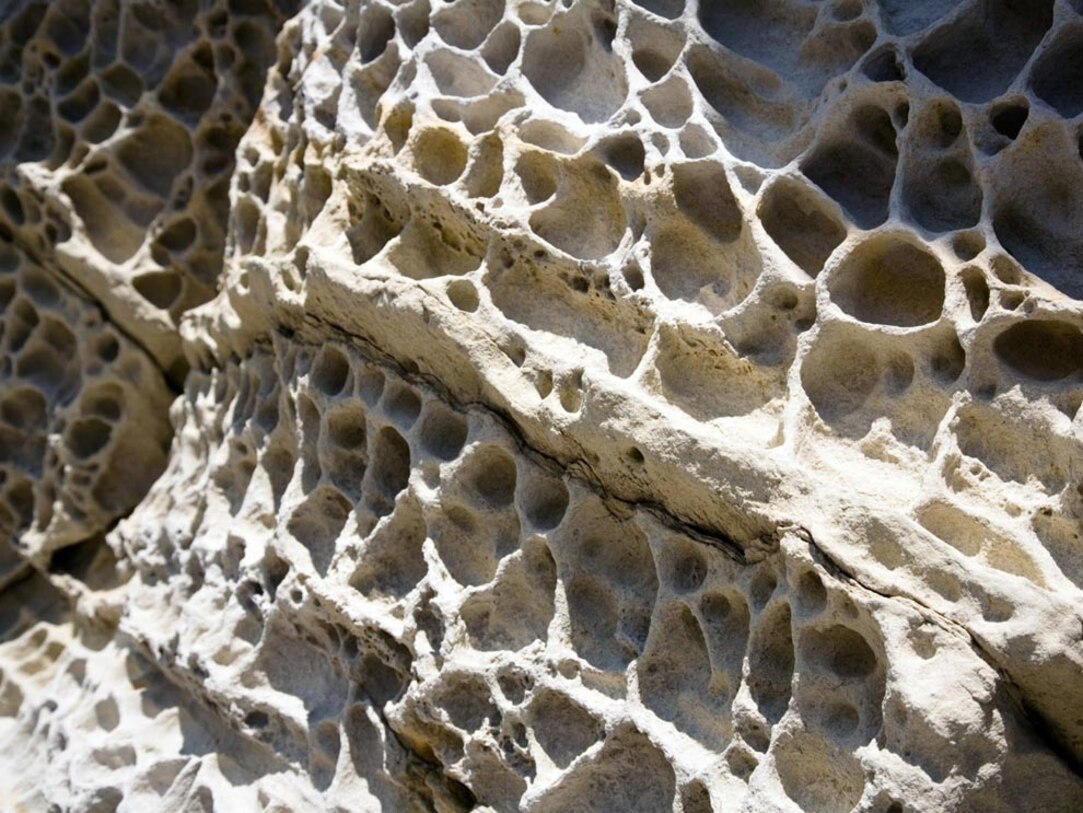 Rocks Information and Facts15 abril 2025
Rocks Information and Facts15 abril 2025 -
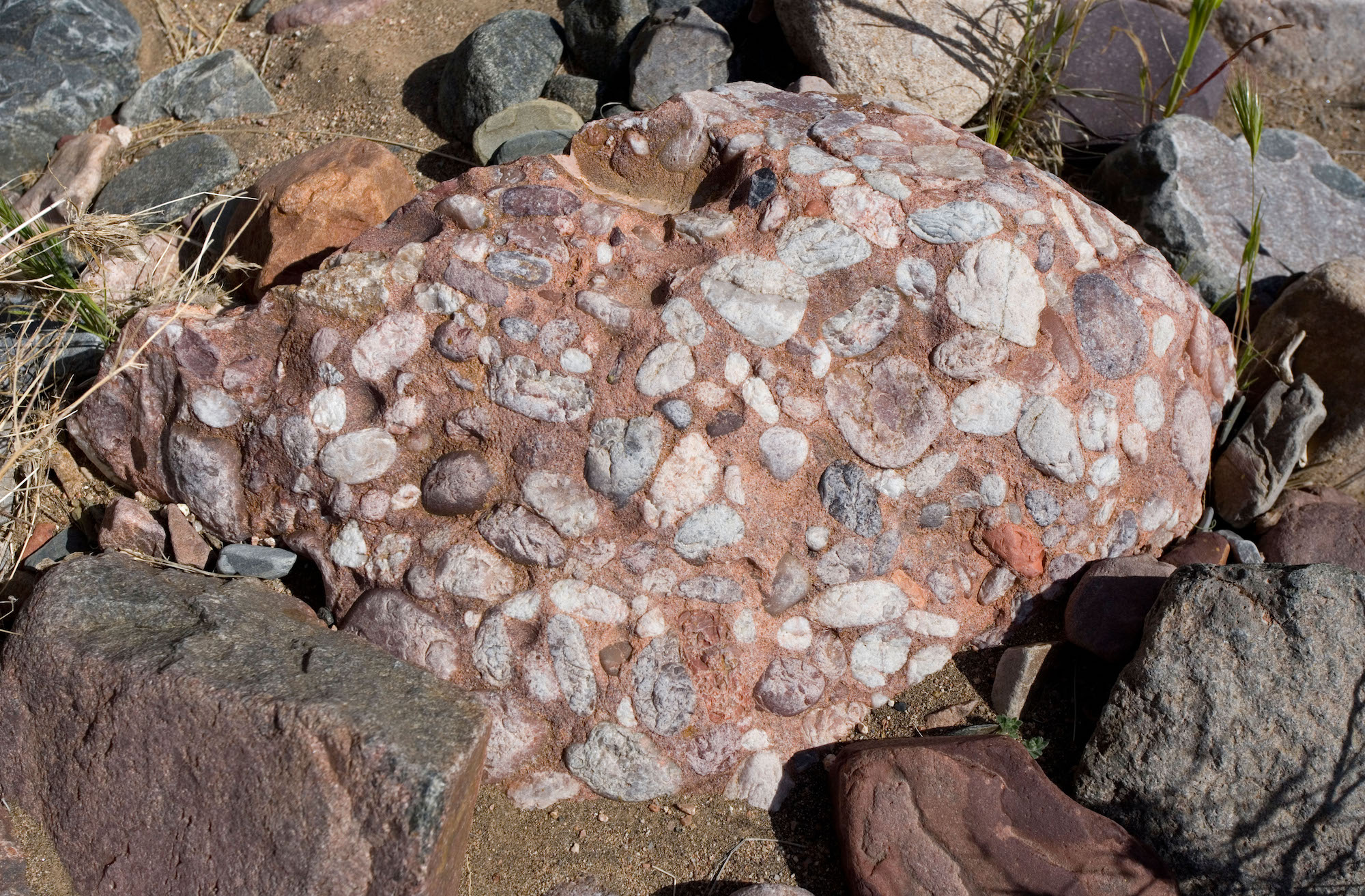 Sedimentary Rocks15 abril 2025
Sedimentary Rocks15 abril 2025 -
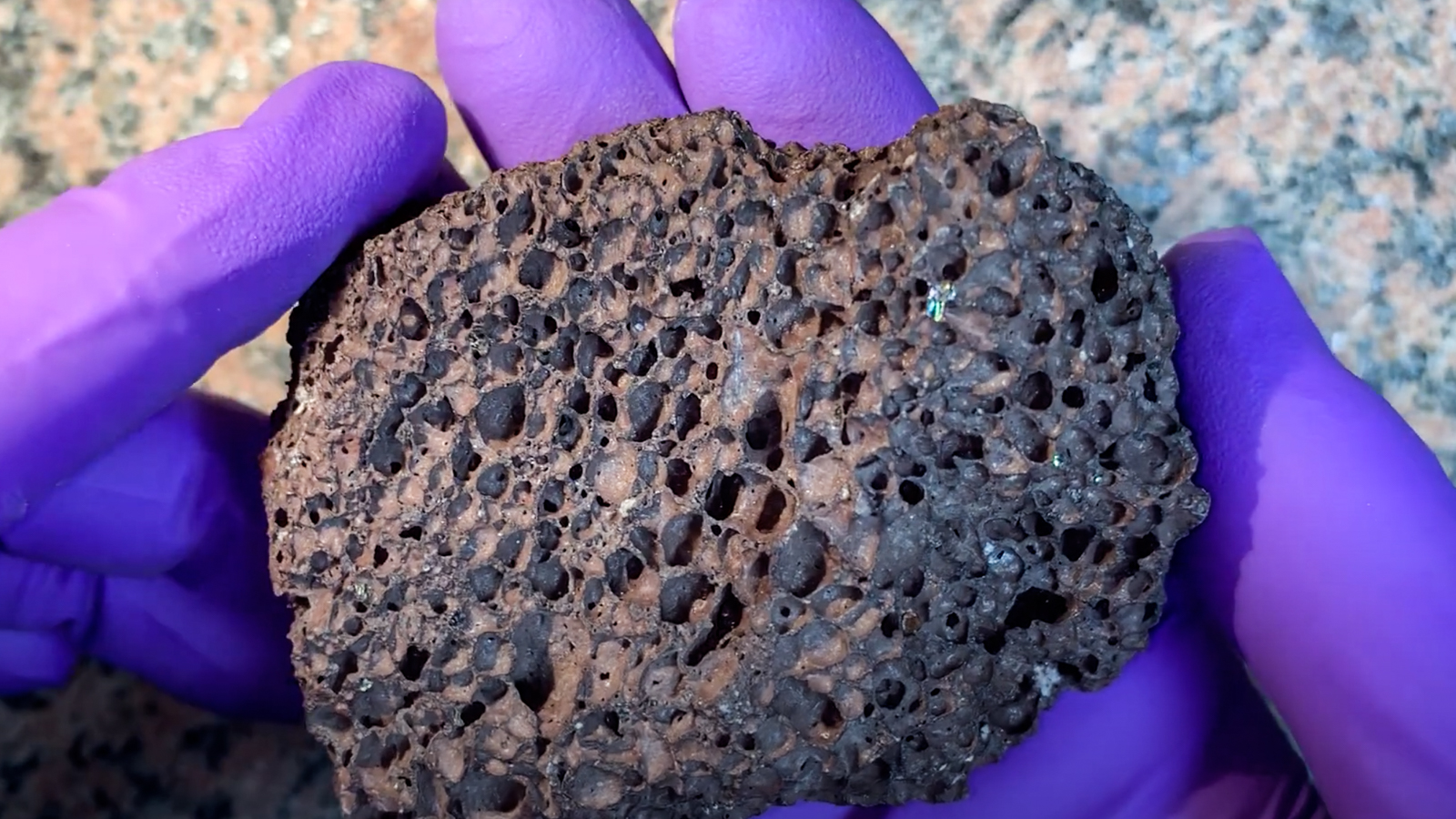 Student Project: Describe Rocks Like a NASA Scientist15 abril 2025
Student Project: Describe Rocks Like a NASA Scientist15 abril 2025 -
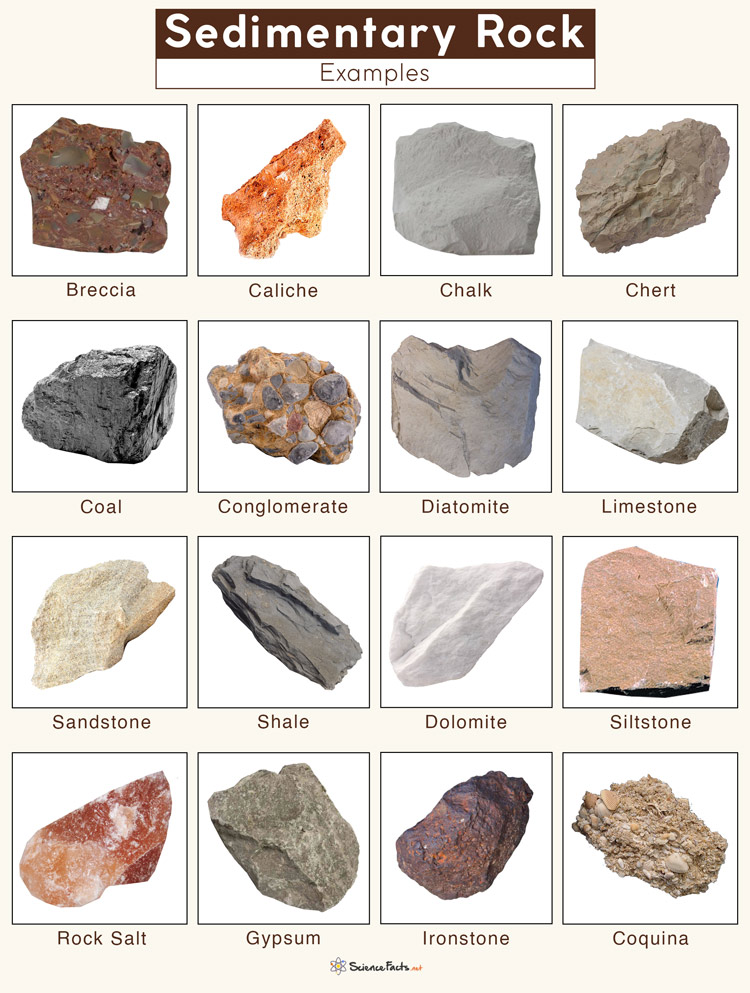 Sedimentary Rocks - Definition, Formation, Types, & Examples15 abril 2025
Sedimentary Rocks - Definition, Formation, Types, & Examples15 abril 2025 -
 igneous rock - Students, Britannica Kids15 abril 2025
igneous rock - Students, Britannica Kids15 abril 2025 -
 Rock Disposal: Best Ways to Get Rid of Unwanted Rocks15 abril 2025
Rock Disposal: Best Ways to Get Rid of Unwanted Rocks15 abril 2025 -
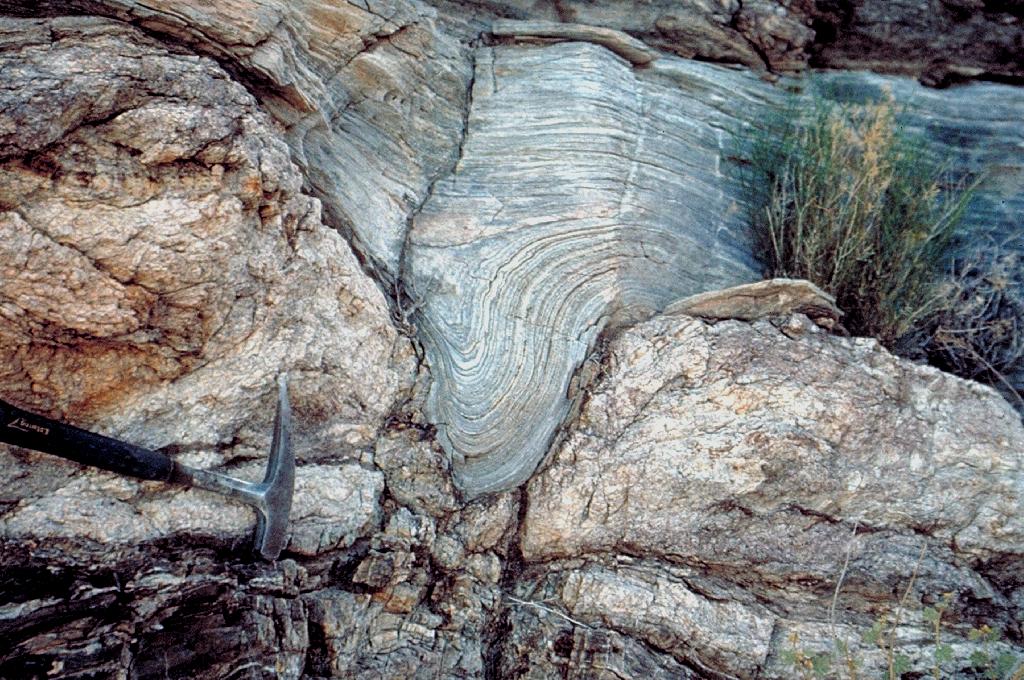 What are metamorphic rocks? American Geosciences Institute15 abril 2025
What are metamorphic rocks? American Geosciences Institute15 abril 2025 -
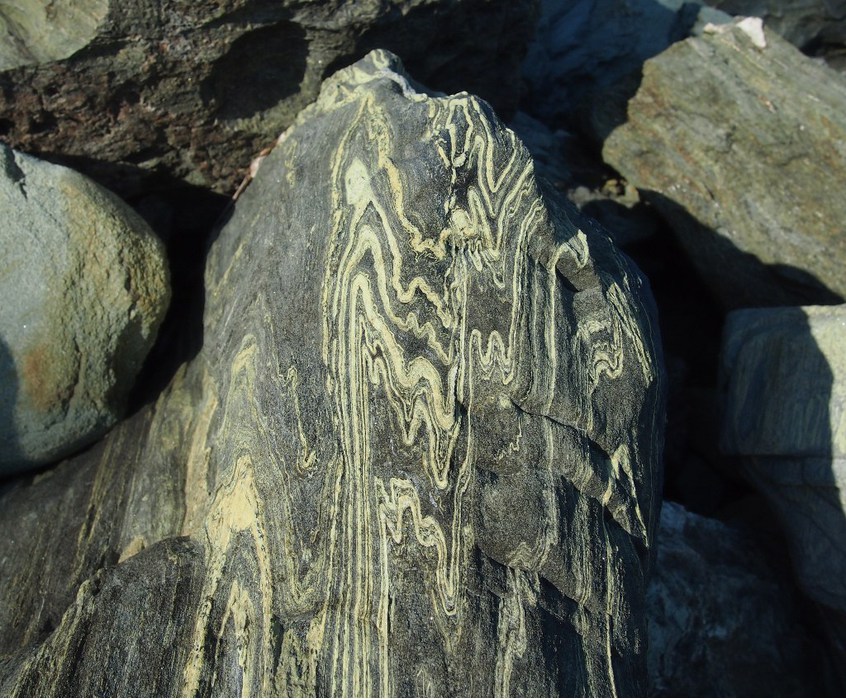 Rock: Mineral information, data and localities.15 abril 2025
Rock: Mineral information, data and localities.15 abril 2025 -
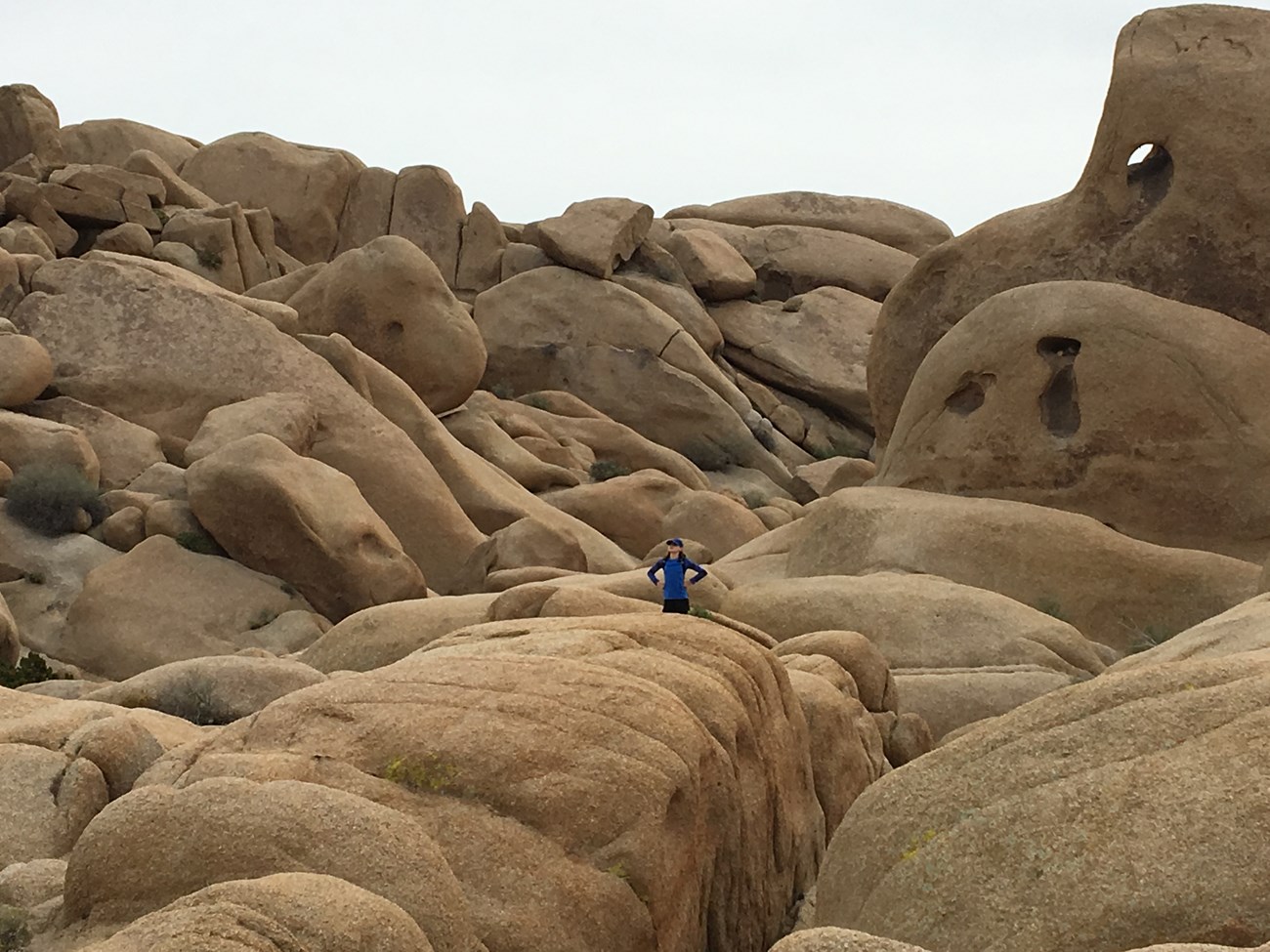 Igneous Rocks - Geology (U.S. National Park Service)15 abril 2025
Igneous Rocks - Geology (U.S. National Park Service)15 abril 2025
você pode gostar
-
 The Centenary Match Kasparov Karpov III -Signed by Garry Kasparov15 abril 2025
The Centenary Match Kasparov Karpov III -Signed by Garry Kasparov15 abril 2025 -
 Steam Link on iPhone with PS4 controller playing Genshin Impact on my PC : r/Genshin_Impact15 abril 2025
Steam Link on iPhone with PS4 controller playing Genshin Impact on my PC : r/Genshin_Impact15 abril 2025 -
 Foto de retrato de cabelo cacheado masculino infantil libanês15 abril 2025
Foto de retrato de cabelo cacheado masculino infantil libanês15 abril 2025 -
 HUTSPAH Cocktails Shirt. Sz L. – RACQUET SOCIETY15 abril 2025
HUTSPAH Cocktails Shirt. Sz L. – RACQUET SOCIETY15 abril 2025 -
 Menina de 10 anos é surpreendida no dia de sua adoção com todos os15 abril 2025
Menina de 10 anos é surpreendida no dia de sua adoção com todos os15 abril 2025 -
 4 TEMPORADA DE DUNGEON NI DEAI (DANMACHI) - SERÁ QUE TEM CHANCES15 abril 2025
4 TEMPORADA DE DUNGEON NI DEAI (DANMACHI) - SERÁ QUE TEM CHANCES15 abril 2025 -
Cars: Race-O-Rama Playstation 2 PS2 Used15 abril 2025
-
 Celeste — Celeste is now available on Nintendo Switch eShop15 abril 2025
Celeste — Celeste is now available on Nintendo Switch eShop15 abril 2025 -
 Frieren: Beyond Journey's End - Vale a Pena Assistir?15 abril 2025
Frieren: Beyond Journey's End - Vale a Pena Assistir?15 abril 2025 -
 Anime: Inazuma Eleven Go - LittleAkiba15 abril 2025
Anime: Inazuma Eleven Go - LittleAkiba15 abril 2025
